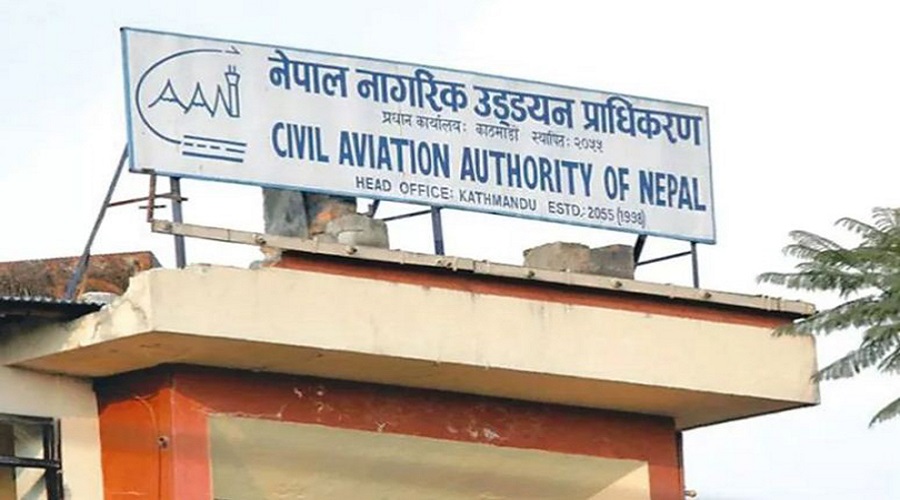KATHMANDU: In a significant move to enhance air safety standards, the Civil Aviation Authority of Nepal (CAAN) has decided to ground two helicopter companies due to their failure to meet essential safety requirements. This decision comes in the wake of the recent Air Dynasty chopper crash, which has prompted CAAN to take a stricter stance on air safety compliance across the nation’s aviation sector.
Grounding Decision Following Safety Management System (SMS) Study
The decision to ground these helicopter companies was based on a Safety Management System (SMS) study conducted by CAAN just a few days ago. The study evaluated the safety systems of various domestic airline companies, focusing on their compliance with essential safety protocols. According to a high-ranking source within CAAN, the two helicopter companies received alarmingly low scores of less than 25 percent in the SMS assessment, far below the acceptable threshold.
Initially, CAAN had planned to implement the grounding on Wednesday, but the decision was delayed due to the tragic crash of an Air Dynasty helicopter. The grounding is now scheduled to take effect on Thursday, with both companies being temporarily barred from operating until they can demonstrate significant improvements in their safety systems.
Details of the SMS Study and Its Findings
The SMS study, conducted in 2023, revealed concerning safety lapses among several helicopter companies operating in Nepal. Notably, helicopters belonging to Mustang, Annapurna, Prabhu, and other companies scored less than 60 percent in the assessment. This indicates a worrying trend of negligence and non-compliance with air safety standards.
A technician involved in the study reported that one of the grounded helicopter companies received a score of just 18 percent, while the other scored 24 percent. These scores reflect serious deficiencies in the companies’ safety management practices, raising significant concerns about the safety of their operations.
CAAN has emphasized that air companies operating with safety systems below 60 percent continue to conduct flights in a manner that jeopardizes passenger and crew safety. In light of these findings, the grounding of the two companies is seen as a necessary step to prevent further incidents and ensure that all aviation operators adhere to the highest safety standards.
Stricter Safety Measures and Recent Air Crashes
The grounding decision is part of a broader effort by CAAN to tighten safety regulations following two air crashes within just 14 days. The recent incidents have underscored the urgent need for improved safety compliance across the aviation sector. In response, CAAN has announced a series of stringent measures aimed at enhancing air safety, particularly in challenging conditions such as the monsoon season and in remote regions like Karnali.
Among the measures introduced over the past two years are the following:
Monsoon Season Restrictions: Helicopters are subject to strict regulations during the monsoon season to minimize the risks associated with adverse weather conditions.
Flight Restrictions in Karnali: All flights in the Karnali region are prohibited after 12 PM, a measure designed to reduce the risks associated with afternoon weather changes.
Mandatory Two-Pilot Rule for VVIP Flights: For flights carrying Very Very Important Persons (VVIPs), the presence of two pilots is now mandatory to enhance safety.
Financial Audits of Air Companies: CAAN has also taken steps to make financial audits of air companies more rigorous, ensuring that they have the necessary resources to maintain and improve safety standards.
Response from the Aviation Community
The aviation community has had mixed reactions to CAAN’s stricter safety measures. While some have welcomed the regulations as necessary for improving air safety, others have expressed concerns about their impact on operations.
Pilots, for instance, staged a protest against the restrictions on helicopter flights during the monsoon season. They argued that the blanket ban on flights during certain weather conditions could negatively affect their livelihoods and limit the availability of essential air services in remote areas.
Members of Parliament (MPs) also intervened to halt the implementation of the decision to prohibit flights after 12 PM in Karnali. The MPs argued that such restrictions could isolate remote communities, especially during emergencies when air travel is the only viable option.

